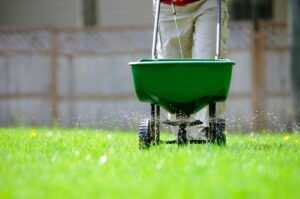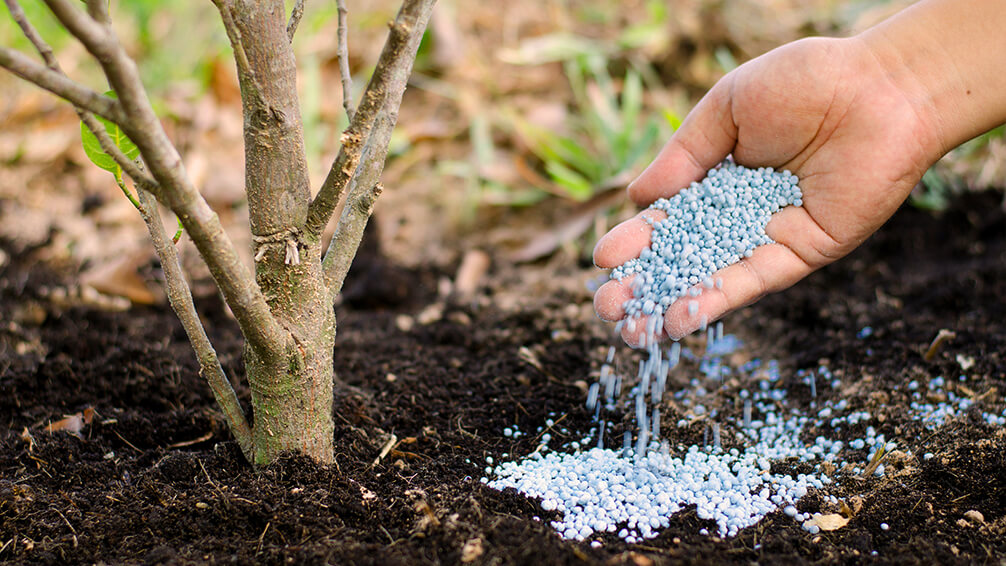Right Fertilizer for Your Garden in Massachusetts
Selecting the appropriate fertilizer is crucial for maintaining a healthy and thriving garden. In Massachusetts, where the climate can vary significantly between seasons, understanding the specific needs of your plants and soil is essential. Here’s a guide to help you choose the best fertilizer for your garden in Massachusetts:
1. Understand Your Soil Type
- Soil Test: Conduct a soil test to determine the pH level and nutrient content of your soil. This will help you choose a fertilizer that addresses any deficiencies.
- Common Soil Types: Massachusetts typically has acidic soil. Knowing your soil type will guide you in selecting the right fertilizer.
2. Types of Fertilizers
- Balanced Fertilizers: These contain equal parts of nitrogen (N), phosphorus (P), and potassium (K), often labeled as 10-10-10 or 14-14-14. Ideal for general garden use.
- Nitrogen-Rich Fertilizers: Great for leafy vegetables and lawns, these fertilizers promote vigorous growth and lush foliage.
- Phosphorus-Rich Fertilizers: Essential for root development and flowering, these are perfect for flowering plants and root crops. Look for a higher middle number, such as 10-20-10.
- Potassium-Rich Fertilizers: Important for overall plant health and disease resistance, useful for fruiting plants. Look for a higher last number, such as 5-10-15.
3. Organic vs. Synthetic Fertilizers
- Organic Fertilizers: Made from natural materials like compost, manure, bone meal, and fish emulsion. They release nutrients slowly and improve soil health over time.
- Examples: Compost, well-rotted manure, bone meal, blood meal, fish emulsion, and kelp meal.
- Synthetic Fertilizers: Manufactured chemicals that provide immediate nutrients. They are effective for quick results but do not improve soil structure.
- Examples: Granular fertilizers, liquid fertilizers, and slow-release formulations.

4. Seasonal Fertilizing Tips
- Spring: Use a balanced fertilizer to support new growth. This is the time to provide a nutrient boost after winter dormancy.
- Summer: Apply fertilizers with a higher nitrogen content for lawns and leafy vegetables. Use phosphorus-rich fertilizers for flowering plants.
- Fall: Use potassium-rich fertilizers to prepare plants for winter. This strengthens root systems and enhances cold resistance.
- Winter: Typically, no fertilization is needed during winter dormancy.
5. Application Tips
- Follow Instructions: Always follow the manufacturer’s instructions for application rates and methods to avoid over-fertilization, which can harm plants and soil.
- Watering: Water your garden after applying fertilizer to help nutrients penetrate the soil and reach plant roots.
- Frequency: Depending on the type of fertilizer, you may need to reapply every few weeks during the growing season.
Recommended Fertilizers for Massachusetts Gardens
- Espoma Organic Garden-tone: A well-balanced organic fertilizer suitable for a variety of plants, including vegetables and flowers.
- Miracle-Gro Water Soluble All Purpose Plant Food: A synthetic option that provides a quick nutrient boost for all garden plants.
- Jobe’s Organics All Purpose Granular Fertilizer: An organic fertilizer with a balanced NPK ratio, ideal for general garden use.
- Dr. Earth Home Grown Vegetable Garden Fertilizer: Specifically formulated for vegetable gardens, promoting vigorous growth and improved yields.
Conclusion
Choosing the right fertilizer for your garden in Massachusetts involves understanding your soil’s needs and the specific requirements of your plants. Whether you prefer organic or synthetic options, following these guidelines will help you maintain a vibrant and healthy garden. For expert advice and personalized garden care, contact Green Pulse Landscaping.
Contact us today for a free estimate at
(857) 504-5117 or email us at
contact@greenpulselandscaping.com to schedule a consultation and learn how we can help you achieve a lush, green lawn.
Click to Call Us!


